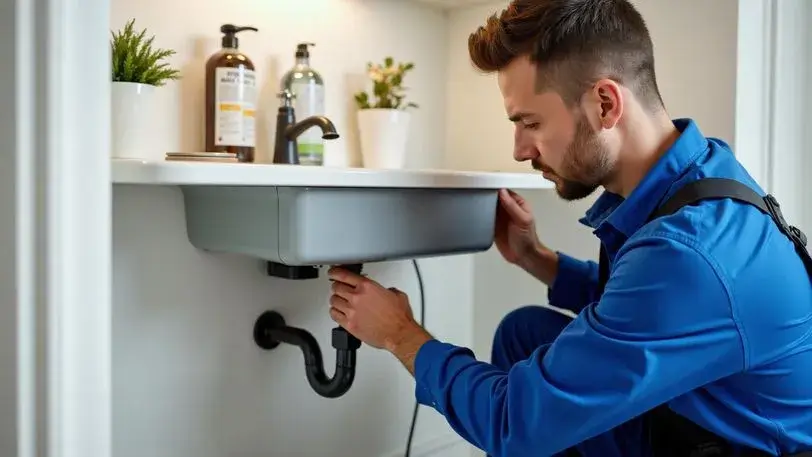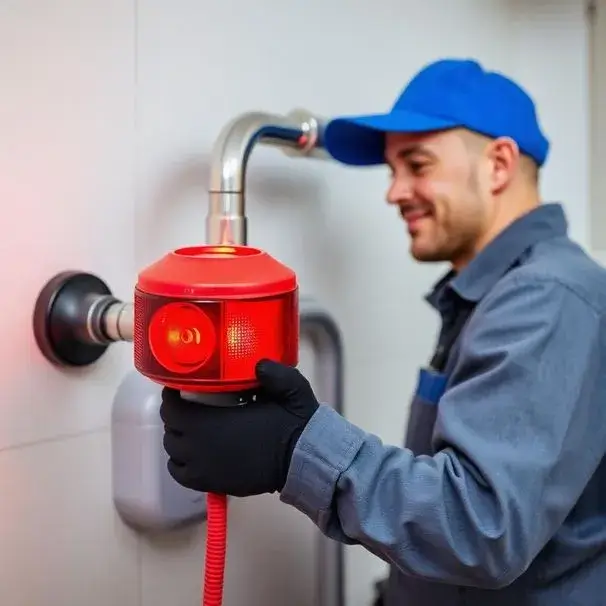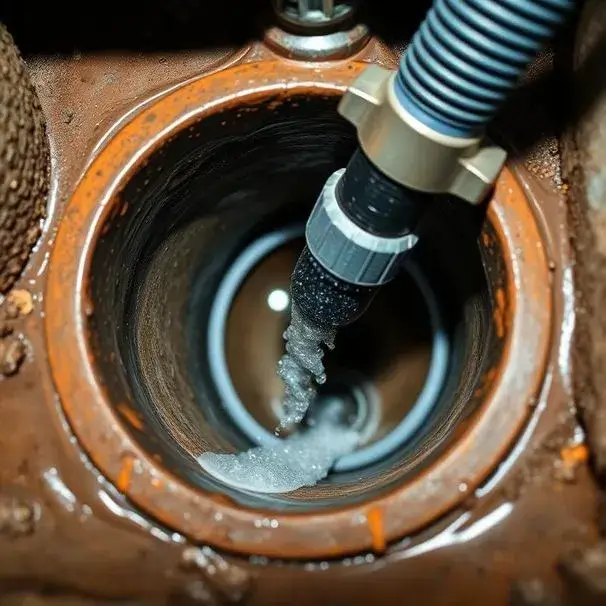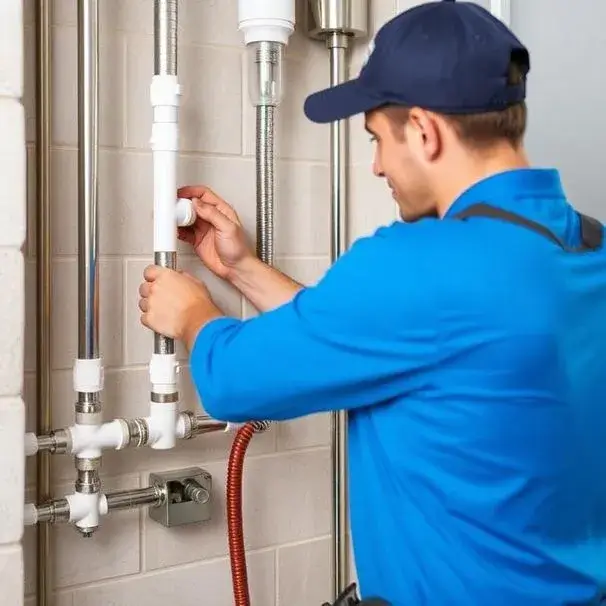Professional Plumbing Services
Expert Plumbing Solutions You Can Trust
24/7 Emergency Repairs • Reliable Service • Licensed & Insured
Our highly experienced plumbing technicians will quickly diagnose and solve your plumbing issues. We offer reliable repair, replacement, and installation services for a wide variety of plumbing systems and components.

Licensed & Insured
Fully certified professionals
24/7 Availability
Emergency service anytime
Experienced Team
Years of expertise
Quality Work
Satisfaction guaranteed
Our Plumbing Services
From emergency repairs to complete installations, we provide comprehensive plumbing services for your home or business.
Frequently Asked Questions
Find answers to common questions about our plumbing services
Common services include emergency repairs, drain cleaning, leak detection and repair, water heater service, sewer line repair, fixture installation, and routine maintenance. If you need a specialized service, the plumber will confirm availability when you call.
Most partnered plumbers offer 24/7 emergency response for bursts, major leaks, and sewer backups. Availability and any after-hours dispatch fees are confirmed when you call.
Yes, partnered plumbers are licensed and carry liability insurance. The call agent or technician can provide license numbers and proof of insurance upon request.
Shut off water at the main if there is a major leak, clear access to affected areas, move pets and valuables away from work zones, and have any recent photos or notes about the problem ready to speed diagnosis.
Basic estimates for common services can be provided over the phone, but an accurate repair price usually requires an on-site inspection. The plumber will confirm costs before performing any non-emergency work.
Snaking uses a mechanical auger to remove clogs and is effective for many blockages. Hydro-jetting uses high-pressure water to clear scale, grease, and roots from the inside of pipes and is better for heavy build-up or long-term preventative cleaning.
Frequent use of harsh chemical cleaners can damage pipes, seals, and finishes. Mechanical methods or professional cleaning are safer and more effective for recurring clogs; consult a plumber for persistent problems.
Signs include unexplained increases in water bills, warm spots on floors, cracks in floors or walls, and the sound of running water when all fixtures are off. A plumber can use leak-detection equipment to confirm and locate a slab leak.
Many technicians offer warranties on parts and labor; the length and terms vary by provider. Warranty details will be provided and documented before work begins or at job completion.
Payment options vary by provider but typically include major credit and debit cards and sometimes cash. The call agent or technician will confirm accepted payment methods before dispatch or upon job completion.
Need Plumbing Services Right Now?
Our team is standing by 24/7 to help with your plumbing emergency
Call Now: +1-844-578-2593

